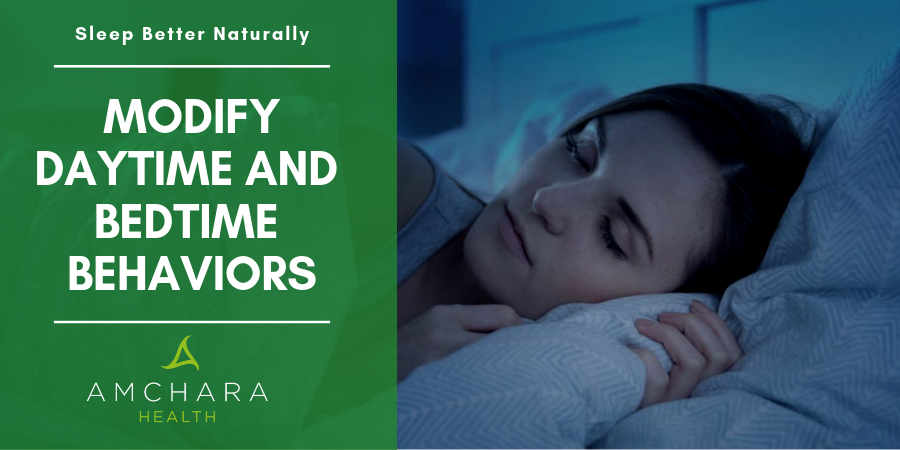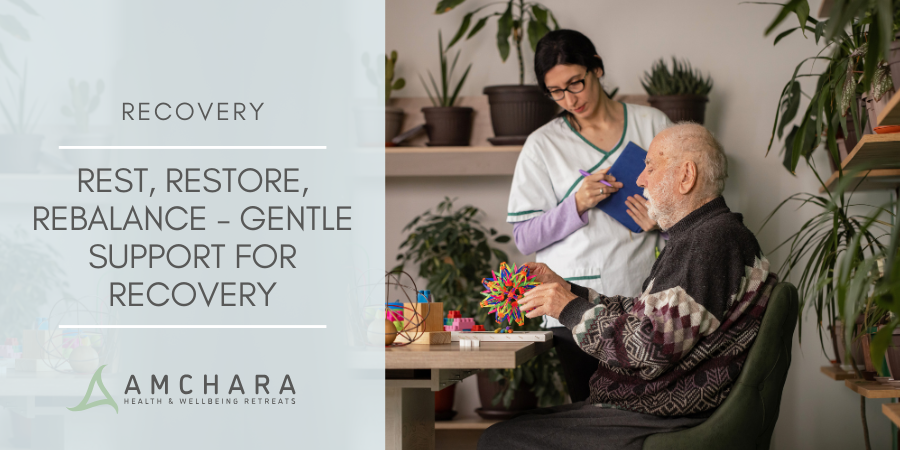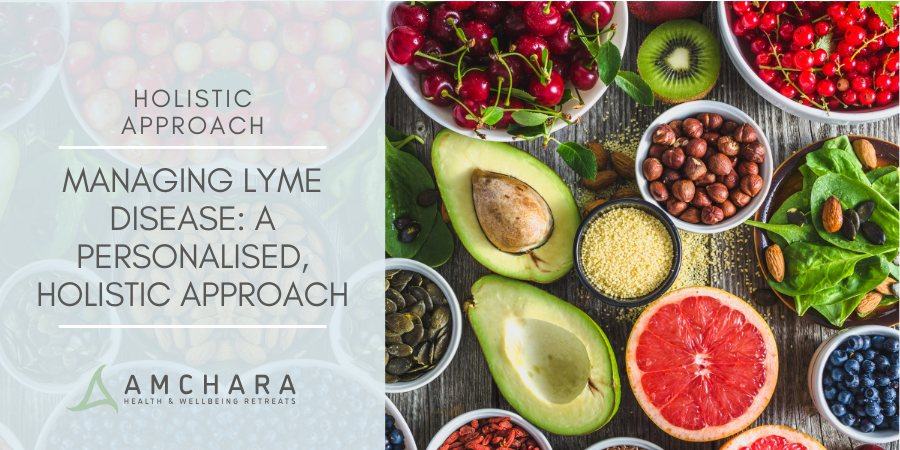One of the most commonly asked questions online is how to sleep better.
Many people these days struggle with falling asleep, staying asleep, waking in the night, feeling tired when they wake up and restless nights.
Sleep is in fact one of the most commonly missed factors of stress reduction.
But it is amazing just how many of us miss out on good quality sleep every night.
With the fast paced life that we are all living, it’s no wonder we, as a nation, can’t get enough quality sleep.
With so many factors such as struggling with money, juggling children, work and social engagements and generally just fitting everything into a day, it’s a surprise we get any sleep at all.
But the fact is, we need it – it is important for health and is one of the best ways of reducing the stress brought on by our modern, stressful lives.
Many people who struggle with sleep will go to the local chemist to find sleep aids, using ingredients that artificially induce sleep and affect your hormones.
These can have horrible side effects, can become addictive and are generally not good for your health.
Instead, we encourage you to look at your lifestyle to identify the causes of your sleep issues.
It’s a great way to tackle the problem and learn about how to sleep better naturally as every issue will have a different solution.
(Image credit: The Sleep Council)
The sleep problem
Not getting enough sleep increases stress on your body and can therefore lead to all sorts of issues like gaining weight, hormone imbalances, poor fertility levels, lack of libido, a low immune system and even hair loss, saggy, dull skin and premature ageing.
Hormone imbalances that lead to sleep issues don’t just start when you try to get to sleep, nor can they be fixed by trying to address the problems at bed time.
Melatonin is the sleep hormone, and for proper melatonin function, your hormones need to be balanced during the hours that you are awake.
Sleep problems during waking hours
To get the best sleep naturally at night time, you need to work on the factors that affect your sleep during the day such as the foods you eat, supplements you take, exercise and getting natural daylight.
Working towards a good night’s sleep starts the second you wake up from the previous night’s sleep, so make sure that you get up at a regular time, preferably before 8am.
Any later and your sleep cycle is pushed off balance immediately.
Even on weekends, stick to your wake routine.
Foods to promote healthy sleep
Healthy fats can help to promote healthy sleep, such as coconut oil and avocado, as these help provide your body with the vital foundation blocks for healthy sleep hormone function.
Eating foods high in antioxidants is important too, make sure you are including lots of fresh, and ideally organic, fruits and vegetables.
Herbal tea is also a good source of many nutrients and antioxidants and can have a calming effect at bedtime (as long as it is free from caffeine!).
Make sure you are obtaiining all the essential vitamins and nutrients in your diet, and if you need to you could try taking supplements.
A deficiency in any vitamin or nutrient could cause sleep issues.
One good example is a deficiency in magnesium, which can cause sleep problems.
Specifically, a lack of magnesium can cause muscle cramping and this could be the cause of restless leg syndrome and other similar problems.
You can find more food and sleep tips from the National Sleep Foundation here.
What to avoid
Something important to note is that for a good night’s sleep you need to stop eating at least 4 hours before you go to bed.
If you don’t your body will still be working to digest the food, which will keep you awake and impact your sleep quality.
Avoiding caffeine is a must, as is refined sugar and you should also limit fruit in the evening as it contains natural sugars that can keep your mind busy.
Artificial fats such as vegetable oils can cause sleep issues as they can wreak havoc with your hormones, and as such these should be avoided, although they’re generally not recommended anyway.
Look out for signs that you could have a food allergy.
If your sleep issues derive from, for example, a strange feeling in your tummy at night, it could be a sign of a food allergy. It may be useful to have a ood allergy test if you have sleep issues and can’t seem to resolve the issues with other solutions.
A warm bath before bed can help you fall asleep.
Ensure you have a healthy routine
A good routine can severely affect your sleep quality.
In order to find out what works and what doesn’t, you’ll have to try different things out until you get it right.
But there are a few things that apply to almost everyone that can improve sleep, and here are some suggestions to try.
- Avoid alcohol as much as you can
- Go to sleep and get up at the same time every day including weekends
- Don’t drink caffeine after about 3pm
- Drink plenty of water in the day but don’t drink anything (apart from a few sips if you are thirsty) for at least 2 hours before bed
- Do something restful 30 minutes before bed, such as reading a book or taking a bath
- Avoid blue light for an hour before bed (i.e., don’t watch TV for an hour before you sleep)
- Get at least an hour of natural sunlight each day
- Get at least 30 minutes of exercise a day
- Take supplements to ensure you are not deficient in any vitamins or minerals
- Help to destress by giving yourself a light massage 30 minutes before bed
- Meditate or do yoga an hour before bed
Longer term suggestions
- Have acupuncture sessions once or twice a week to release tension
- Invest in good quality pillows and duvets
- Change your mattress every 1-2 years
- Quit smoking
14 natural ways to get a good night’s sleep
We all know sleep is important for many aspects of our overall health.
But what do you do if you are struggling with sleep and you are spending more time tossing and turning awake at night than sleeping?
Here is our Amchara guide to the top 14 natural ways to get better sleep – try them out and see what works best for you.
1. Melatonin
Melatonin is a natural hormone in the body – it is converted when light decreases at night from serotonin, a chemical in the brain.
This is a very popular sleep remedy for people who struggle with odd sleep times, such as those who work on night shifts and people who travel long distances.
Usually the melatonin supplement is taken before you go to bed to help get a good night’s sleep.
It is not however suitable for use in pregnant or breastfeeding women, people with depression or mental health problems or for anybody with autoimmune or other severe illnesses.
2. Valerian
Valerian is a type of herb and it has long been well known for its sleep aid properties – it is often used as a natural insomnia remedy.
Today it is more commonly used in mainland Europe.
It is not yet fully understood how valerian works, however it is thought that valerian can help to stabilise levels of the GABA neurotransmitter which has calming effects.
One of the benefits of valerian is that it does not appear to cause addiction, dizziness or that woozy feeling that some sleep aids bring on.
The biggest downside is that valerian does not have an effect on everybody.
It is normally taken in capsule form an hour before you go to bed at night and you have to take it for a couple of weeks before it begins to take effect.
There are some mild side effects experienced by some people such as dizziness, headaches, quickening heartbeat and indigestion, while many people experience none.
Valerian has a strange smell that many people do not like, therefore it is not very often taken in tea form.
It is important not to take valerian if you are on any other type of medication and it is also strongly advised not to take it after drinking alcohol.
Due to its strength it is recommended that you check with your GP before taking it.
3. Kava – WARNING
Kava is a natural herb that is used to counter insomnia brought on by anxiety.
We have added this one in here to warn you of the risks in case you have seen kava recommended elsewhere.
The FDA have previously issued warnings in the USA to avoid kava as it has been shown in more than 25 instances to cause severe liver damage with some people requiring immediate liver transplants.
If you see Kava recommended or see it on the ingredients list in any natural sleep aid, it might be safer to avoid it.
4. Relax
Learning relaxation techniques has been shown to be very effective in combating sleep problems.
Relaxation techniques can help you to drift off more quickly, sleep for longer periods and feel more like you have had a good night when you wake in the morning.
Usually, relaxation techniques require you to take 30 minutes in the evening before bed to do certain exercises, such as meditation, visualisation, yoga, mindfulness and more.
Even just a few minutes can help calm and relax your body and mind.
- Deep breathing. Close your eyes and take deep, slow breaths, making each breath even deeper than the last.
- Progressive muscle relaxation. Starting with your toes, tense all the muscles as tightly as you can, then completely relax. Work your way up to the top of your head.
- Visualizing a peaceful, restful place. Close your eyes and imagine a place that’s calming and peaceful. Concentrate on how relaxed this place makes you feel.
5. Eating habits
Certain foods and eating habits might be hindering sleep at night.
This might seem simple, but cutting out caffeine and vastly reducing sugar intake could seriously help to get you off to sleep faster and for longer.
There are also foods that can actually help with sleep, such as foods containing tryptophan, an amino acid that converts to serotonin.
Similarly, foods containing high levels of magnesium can help as often it is magnesium deficiency that causes common problems such as restless leg syndromes, cramps, anxiety and other problems – eat lots of seeds, dark leafy greens, almonds, cashew nuts and legumes for a magnesium rich diet.
Detoxing and eating raw foods can also help as the body is cleansed and can therefore function better.
6. Aromatherapy
Aromatherapy is known for its ability to aid sleep and lavender oil is a popular choice to aid sleep.
Lavender takes effect pretty fast too, so try having a lavender oil bath followed by a drop of lavender oil on the pillow, or a fresh lavender bag containing lavender under the pillow.
7. Natural daylight
Natural light plays a big part in telling your body when to sleep and get up.
You can also invest in a sunrise alarm clock that imitate the slow increase of light at sunrise.
Even keeping the curtains open (if you’re not right beside a street lamp) can help so that the room fills with light at sunrise.
8. Soft music
Playing soft and gentle music at night while drifting off can help to get you off to sleep and elax and calm you into a sleepy state.
Try listening to some gentle, classical or meditation type music in the bath, then lie on the bed and continue listening while you relax.
9. Acupuncture
Acupuncture is known for its many healing abilities, including its ability to remedy sleep problems and insomnia.
We offer acupuncture sessions here at Amchara as part of many of our detox retreats.
10. Exercise
Exercise also plays a key role in energy levels and sleep health.
If you struggle to drift off at night, introducing a gentle exercise regime can help to reduce stress levels and muscle tension, and you may find that you’ll sleep better.
Even a 10 minute jog around the block after tea or 15 minutes on an exercise bike can release built up tension and help you to get a good night.
11. Ayurvedic medicine
In Ayurvedic medicine (an ancient Indian form of natural medicine), one treatment for insomnia is to apply oil to the hands and feet.
Usually either coconut oil, mustard oil or sesame seed oil is used warmed to room temperature, applied to the hands and feet and then the patient rests for half an hour before bed.
12. Chinese medicine
In Chinese medicine, it is believed insomnia often comes from kidney energy weakness.
There are some herbal Chinese recipes to be able to fight this kind of insomnia, and often signs include backache, fatigue, and irritability and usually spells of feeling wide awake late in the evening.
13. Feng Shui
In Feng Shui there are teachings about how the way that a room is laid out can affect sleep.
There is a wealth of information that can teach you how to arrange your bedroom in terms of Feng Shui.
14. Chamomile tea
Chamomile tea has been known for centuries to be able to help with sleep.
Today, it is still a very popular sleep aid and can be found on the shelves in most food stores and supermarkets.
It is also shown to have anti-anxiety properties and help relaxation.
What a great reason to sleep!
It helps you keep at a healthy weight
If you find your weight to be a troublesome issue, did you know it could be linked to not getting enough sleep?
We already knew that adults who sleep less than five or six hours a night are at higher risk of being overweight but it looks as though sleep could be truly intrinsic to our eating habits.
A study has found that losing just a few hours of sleep a few nights in a row can lead to almost immediate weight gain.
The best path to a healthy weight may be a good night’s sleep.
The study looked at how inadequate sleep over just one week, similar to when students cram for exams or when office workers stay up late to meet a deadline, affects a person’s weight, behaviour and physiology.
Interestingly, they found that getting only five hours of sleep increased metabolism but in spite of this, subjects gained weight, predominantly because they ate more than those who got nine hours sleep.
By the end of the first week, those who were sleep deprived had gained an average of two pounds in weight.
They also found that when this was reversed so the same subjects went on to have nine hours sleep the following week, they began to lose the weight they’d gained in the previous week, although they still hadn’t returned to their original weight.
The disruption to sleep patterns had led subjects to snack more after dinner and consume more calories in a bid to find comfort in replacement of their lost sleep.
Kenneth Wright, Director of Chicago University’s Sleep and Chronobiology Laboratory, said: ‘We found that when people weren’t getting enough sleep they over ate carbohydrate’.
They ate more food, and when they ate food also changed.
They ate a smaller breakfast and they ate a lot more after dinner.
TIP: Postpone worrying and brainstorming
If you wake during the night feeling anxious about something, make a brief note of it on paper and postpone worrying about it until the next day when it will be easier to resolve.
Similarly, if a great idea is keeping you awake, make a note of it on paper and fall back to sleep knowing you’ll be much more productive after a good night’s rest.
Sleep is vital. If you feel you’re not getting enough sleep, or not enjoying quality sleep, these simple adjustments can help contribute to a more restful night.
READ NEXT:
Helpful Links:






